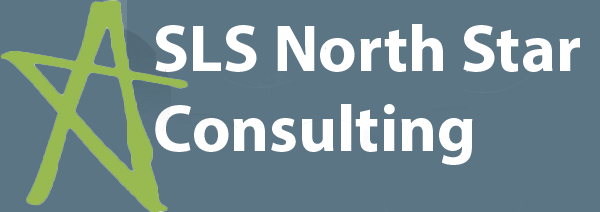How do I get the courage to take action?
My colleague and friend Alfred Ramirez recently posted a James Baldwin quote on LinkedIn:
“I imagine one of the reasons people cling to their hates so stubbornly is because they sense, once hate is gone, they will be forced to deal with pain.”
Alfred’s comment and question was:
“As I look around here and around the world, I see and feel this to the nth degree. How do we heal ourselves and heal others, as we seek a cure for hate, counter it, or navigate it?”
I’ve been grappling with some variation of this question for over a decade and planned to write something when I thought I had any handle on it. His post prompted me to capture my current thinking this July 4th morning.
Since the morning of the Sandy Hook Elementary School shooting over a decade ago, In my “spare time,” I’ve worked on violence prevention and building community by seeking the root causes of violence. Two words, in particular, have acted as immovable anchors in the mud, fear and hope (or lack thereof). Fear and hope are intertwined, yet at opposite ends of a spectrum depending on who experiences them, the advantaged or disadvantaged. Fear and hope dominate our country’s continuing struggle for a fair and equitable society for all.
Baldwin imagines that once people’s “…hate is gone, they will be forced to deal with pain.”
For me, fear is at the root of hate. A quote from Star Wars character Yoda captures it well:
“ Fear is the path to the dark side. Fear leads to anger. Anger leads to hate. Hate leads to suffering.”
Fear prevents us from taking action; fear of making a mistake; fear of imperfection; fear of failure; fear of being mocked or ridiculed; fear of standing out or apart from the crowd.
As Jane Elliot so brilliantly demonstrates in this forty-seven-second clip, fear keeps us anchored in the mud and the status quo of those with advantages and disadvantages. She holds a mirror to the audience and shows us how not one audience member stands if they would “…be happy to receive the same treatment that our black citizens do in this society…” She concludes this brief experiment with,
“That says very plainly that you know what’s happening. You know you don’t want it for you. I want to know why you are so willing to accept it or to allow it to happen for others.”
To answer Alfred’s question about curing, countering or navigating hate, I’ll offer two more words, love and courage to solve the problem of fear (as a root of hate). I offer them as part of an equation: Love and hope over fear equals courage. (See my definitions below.)

My experiences practicing this in various ways over the past few years bear this out and have demonstrably decreased my fear and related stress about knowing I wouldn’t want to trade places with a black person. Yet, I’d not been doing much to make things better for others. I think most, if not all, white people, with a little introspection, will admit to similar feelings of fear and stress and uncertainty about what they can do about what we know is inherently unfair. Having the courage to take action, no matter how seemingly small, can put us on a path to personal and societal liberation.
Definitions:
Love and accept ourselves and others as imperfect beings striving for the same basic needs and desires.
Hope, not in a naive sense, but as an optimist, as Colum McCann writes in Transatlantic: “Cynicism is easy. An optimist is a braver cynic.” A belief that our common humanity and need for connection and collaboration to survive will overcome our fears.
Fear of the “other.” Fear of scarcity. Fear of the binary, if someone wins, someone loses—Fear of introspection and what we might find inside ourselves.
Courage to take action: To spend time understanding ourselves, to empathize with others with different lived experiences, to have hope and be an optimist, to challenge and question our fears. Rather than defaulting to our more primal instinct of fear, having the courage to work toward community, collaboration, and a more fair society.
